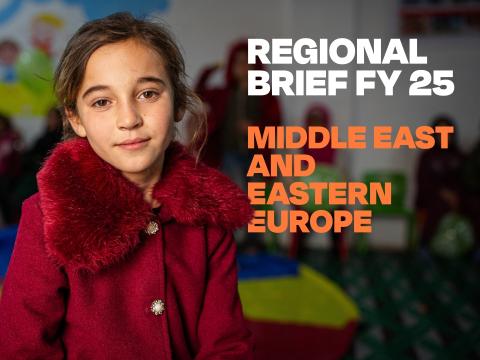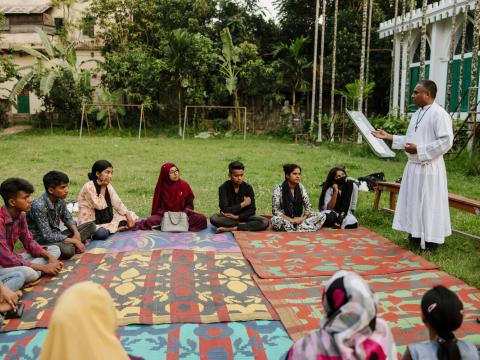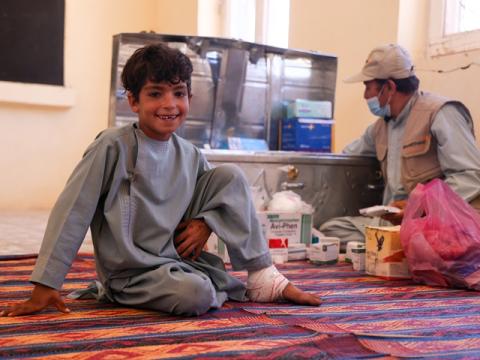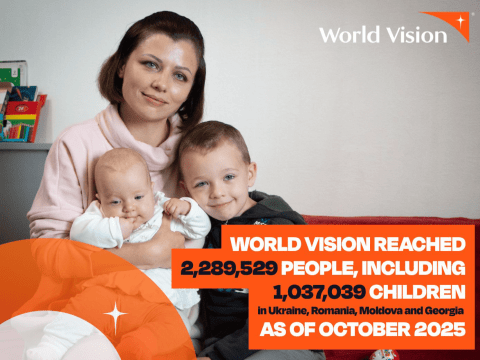After the Outbreak
Download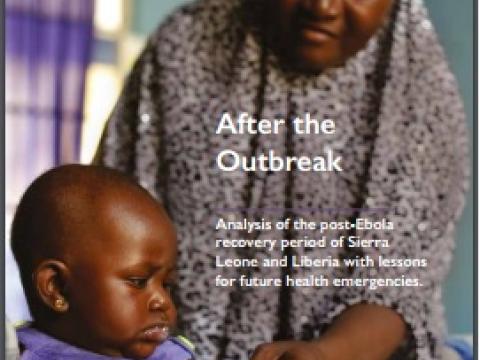
Research Aims
- To establish the Ebola recovery policies of Sierra Leone and Liberia, particularly for survivors and those affected by Ebola.
- To evaluate support received in practice by survivors and others affected.
- To record lessons learnt for recovery periods in future health emergencies.
Introduction
The Ebola Virus Disease initially broke out in Guinea in late 2013 before spreading to Liberia and Sierra Leone in early 2014. Each country declared a public health emergency and put measures in place to control the disease. It severely disrupted social life and economic activities, with gruelling effects on household livelihoods and the national economies in general (UNDP, 2015). According to the World Health Organisation, the total number of confirmed, probable and suspected cases from the outbreak, as of 30 March 2016, was 28,646 with a case fatality rate of 11,323 (39.5 per cent) (WHO 2016).
The United Nations Secretary General convened an international conference on the 10 July 2015. The purpose was to elicit the attention and support of the international donor community to halt the spread of Ebola in Guinea, Liberia and Sierra Leone. As each of these countries shared and discussed their Ebola Recovery Plans at the conference, various donor organisations and governments pledged up to $3.4 billion in total to the recovery effort. Following the conference, the three countries have developed policies to not only guide their general recovery from the socioeconomic setbacks of Ebola, but to also directly respond to the needs of the survivors and other people affected by Ebola.
Now that the Ebola epidemic has been officially declared over, the situation in these West African countries has fallen from the media spotlight. This study, jointly commissioned by World Vision and Tearfund, evaluates Sierra Leone and Liberia’s road to recovery by analysing their post-Ebola policies (particularly those for survivors and affected persons) and how these have been implemented in practice. The purpose of this is not only to make recommendations to aid the full recovery of Sierra Leone and Liberia, but also to record lessons learnt for the recovery period in future health emergencies. This study was made possible with funds from the Disasters Emergency Committee (DEC).
Read more about World Vision's Ebola Response: http://wvi.org/health/ebola-response-sierra-leone
